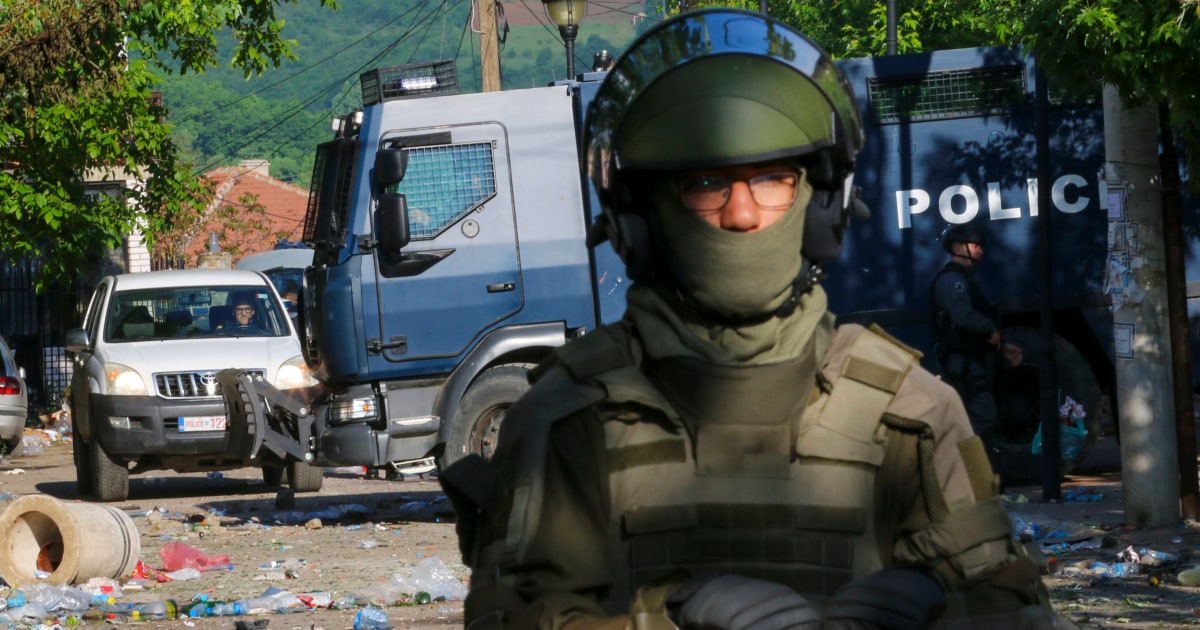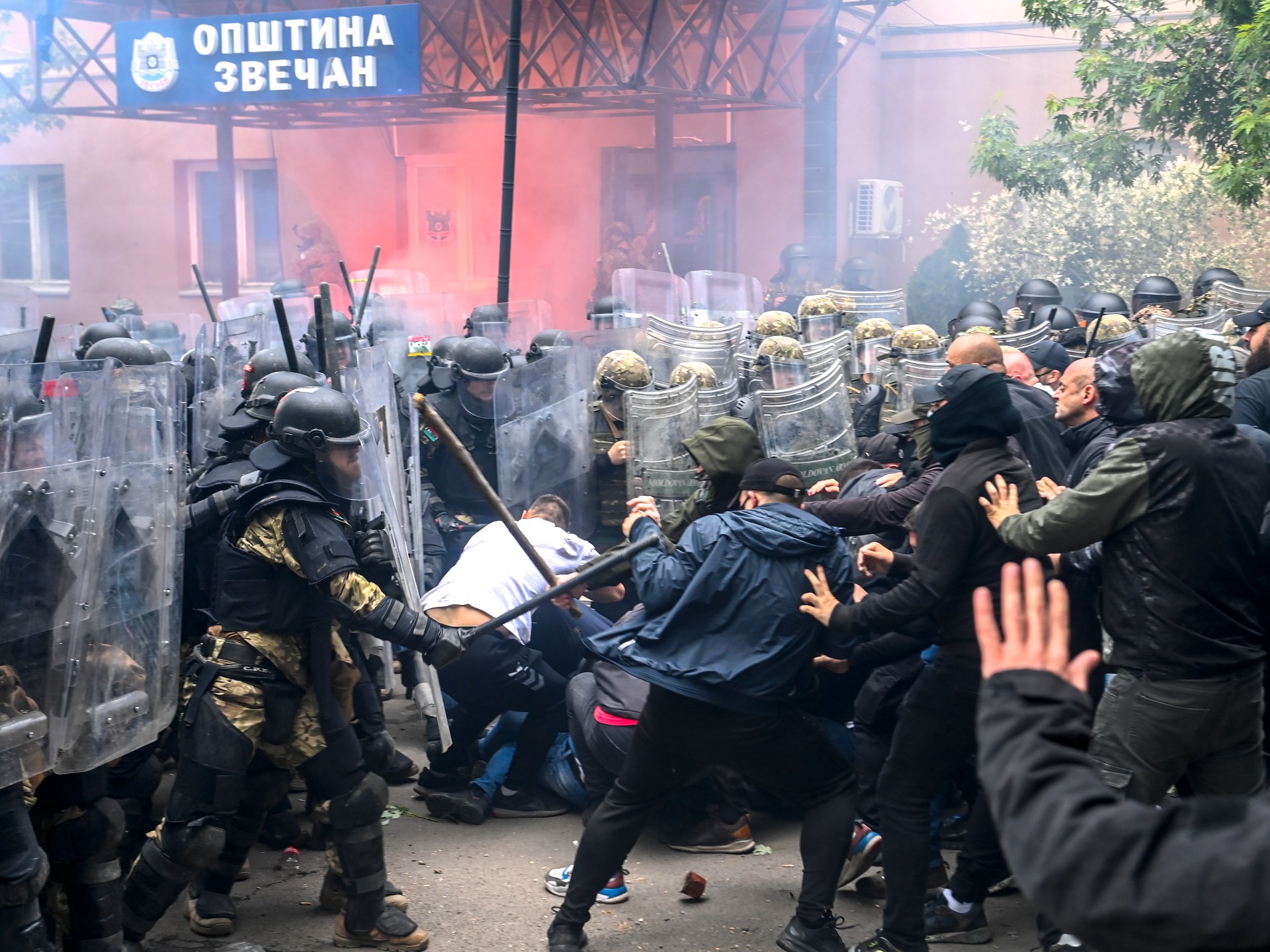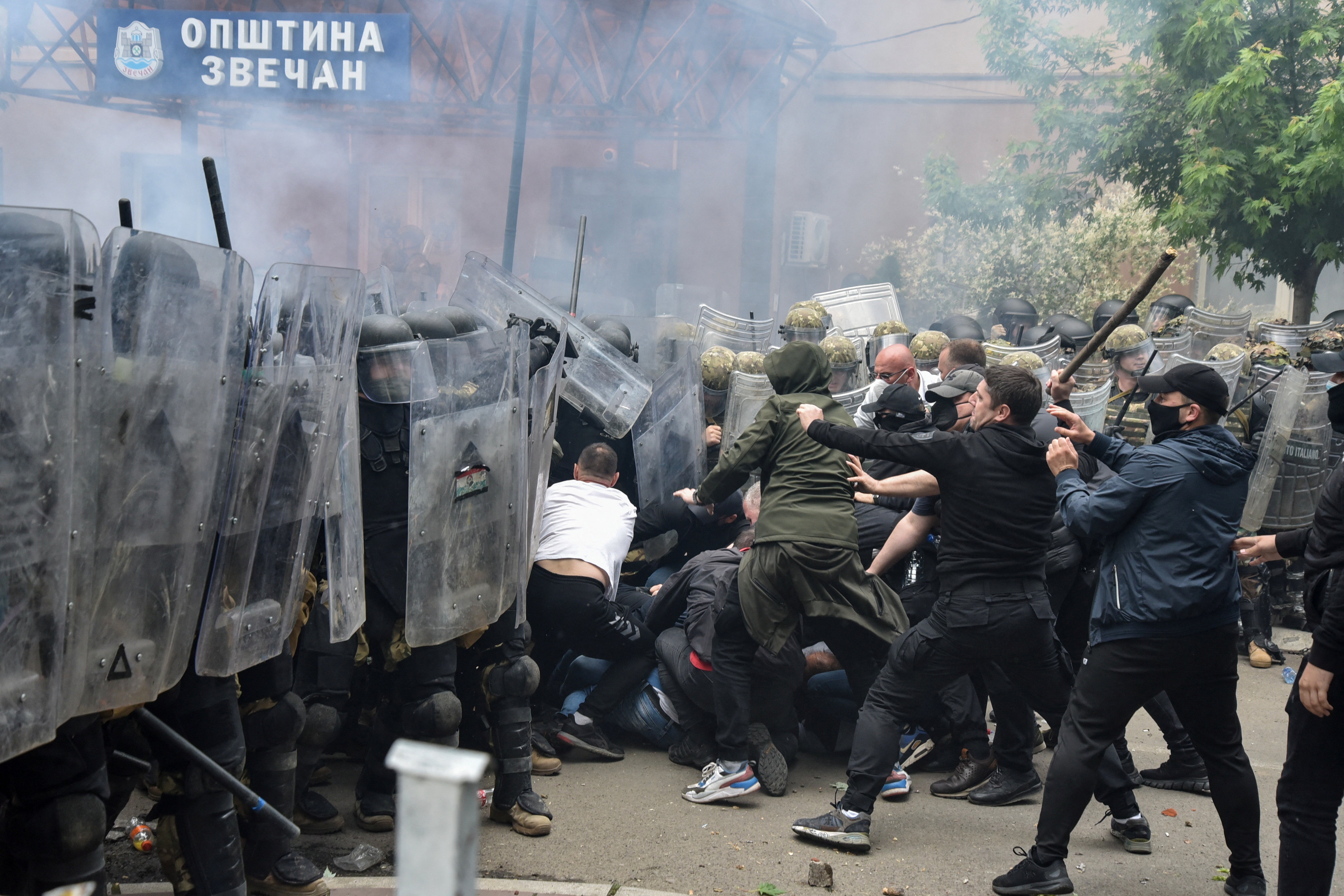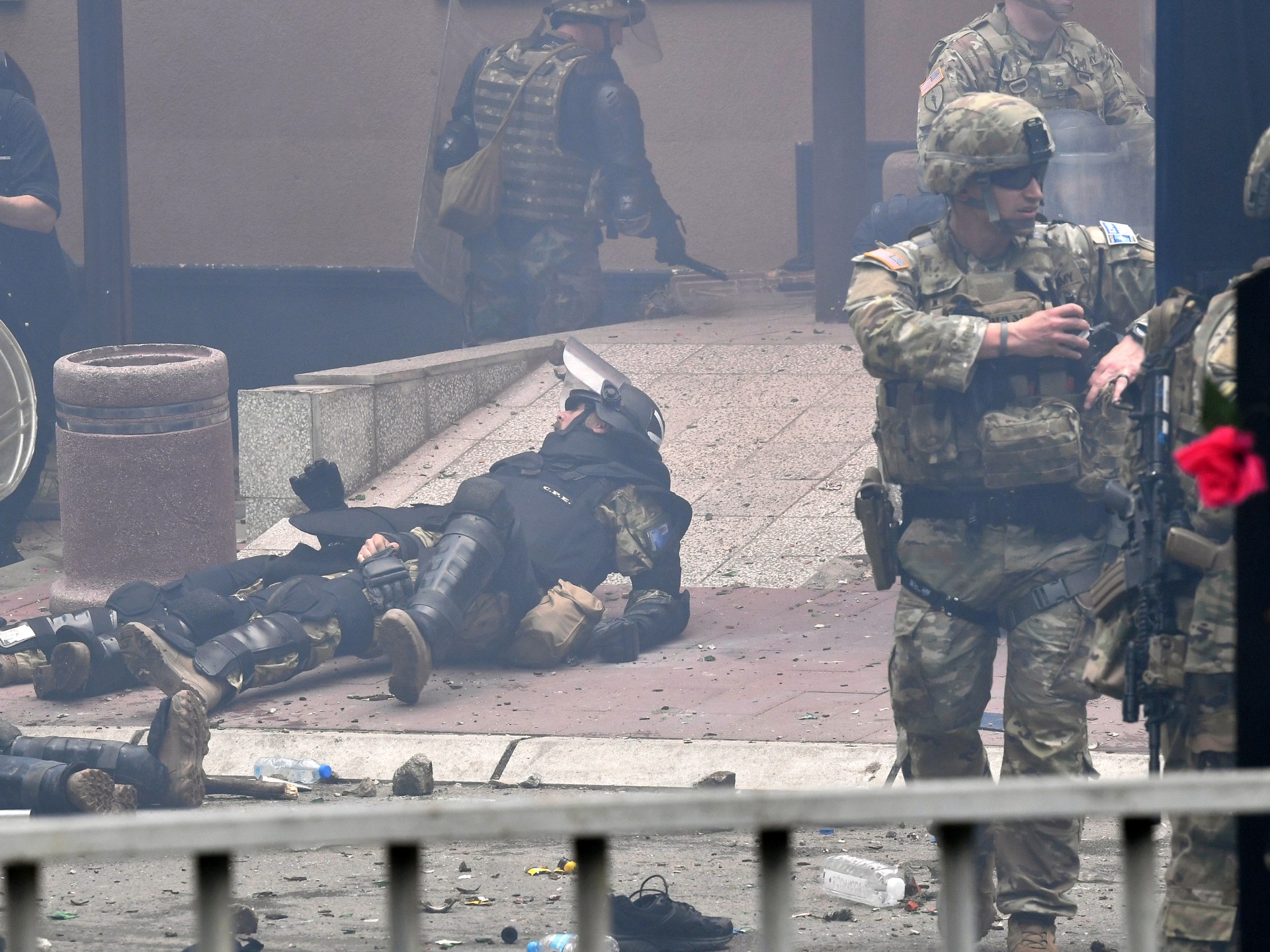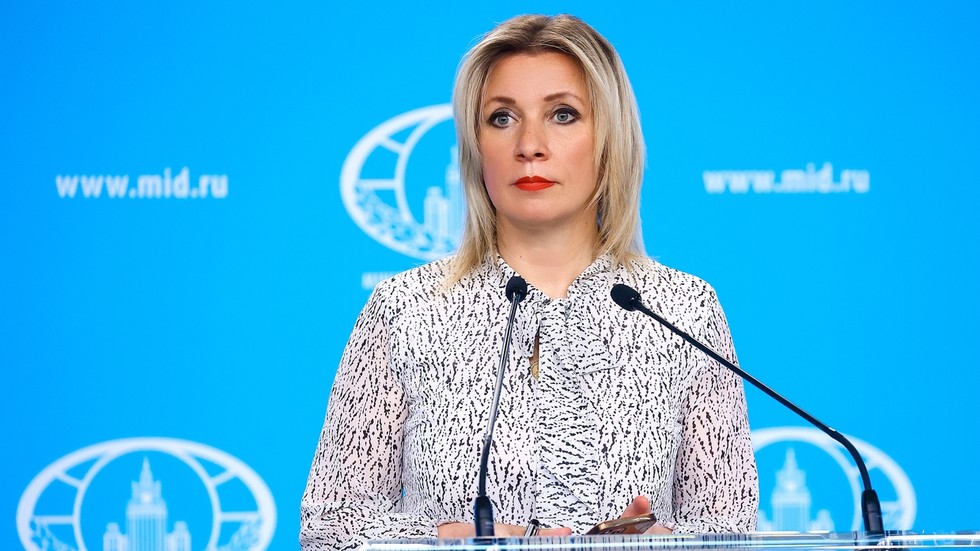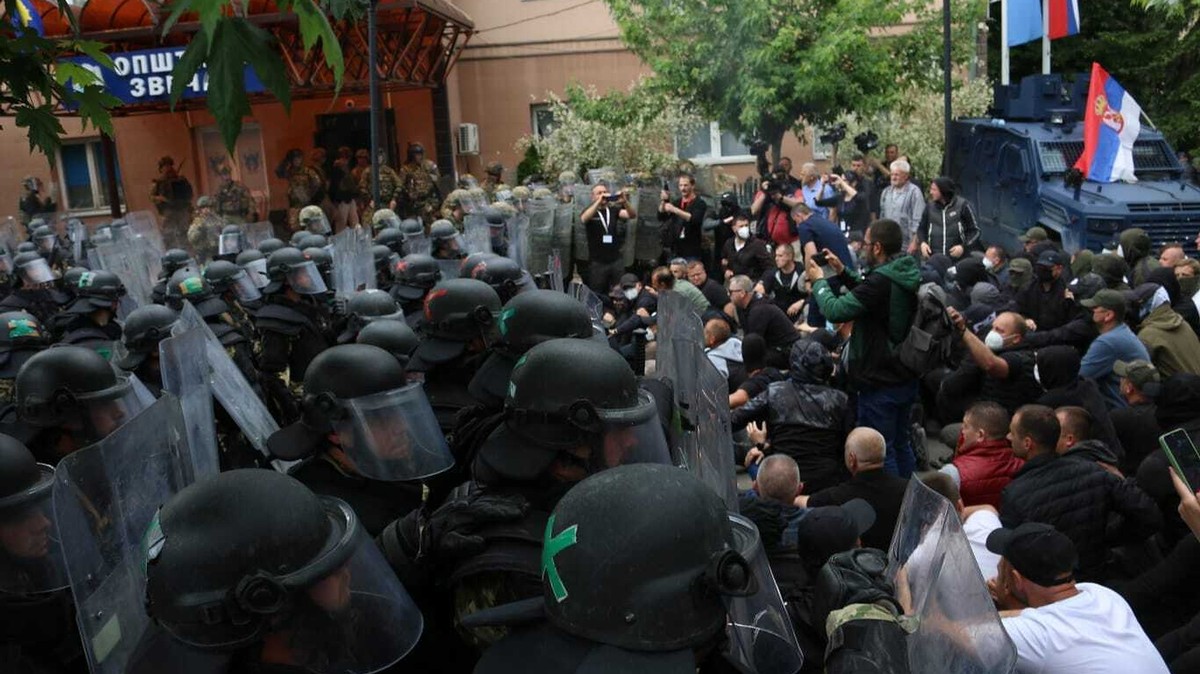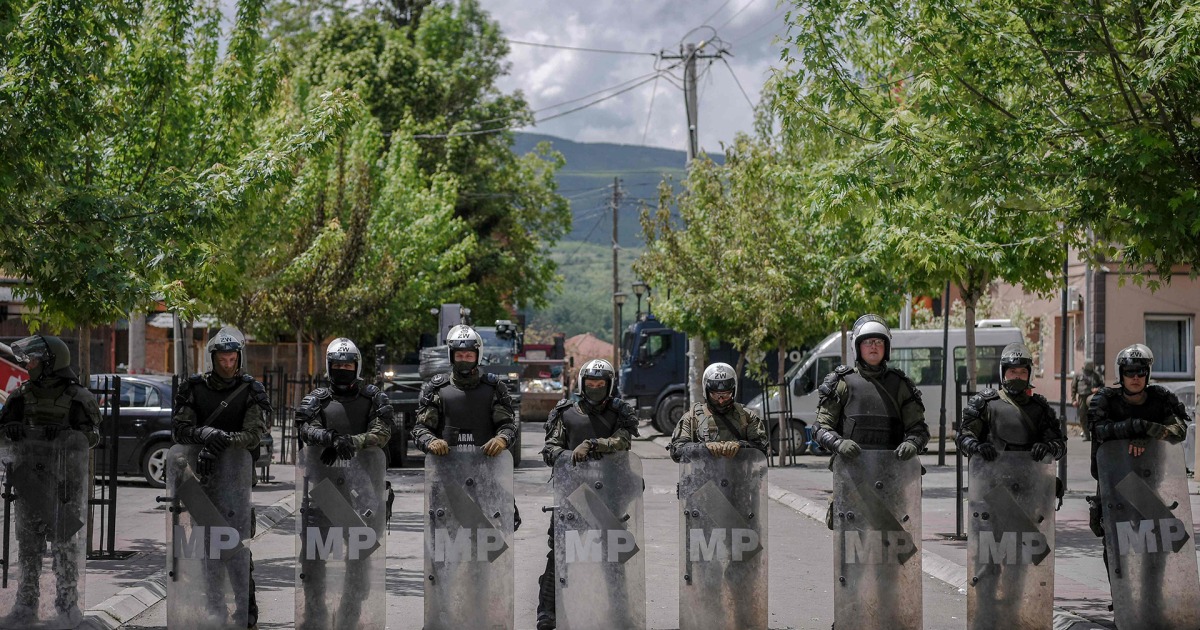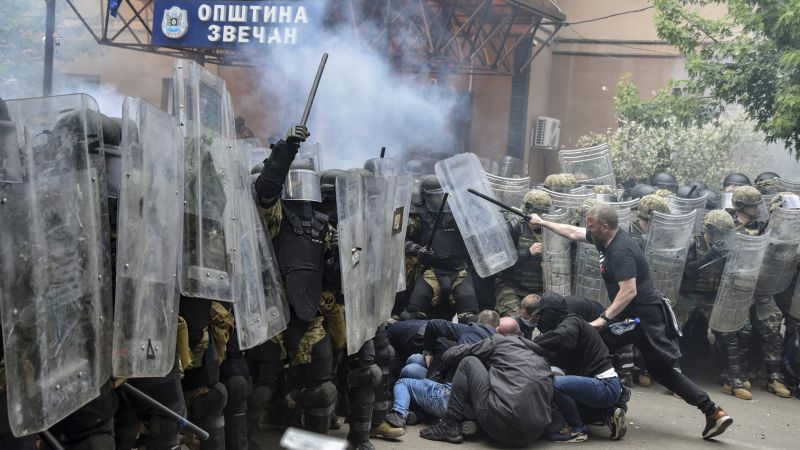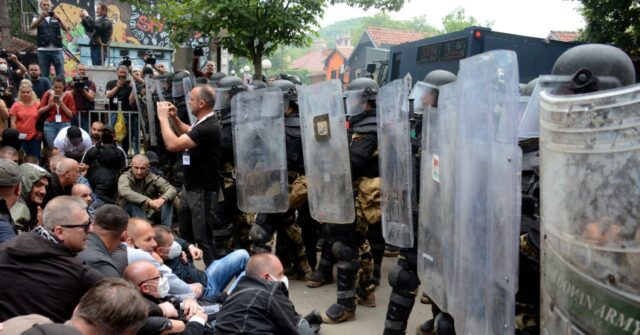The Facts
Following violent protests in northern Kosovo that left dozens of NATO peacekeepers injured on Monday — after they formed security cordons around town halls in the region to separate Albanian authorities from Serb demonstrators — NATO’s Kosovo Force (KFOR) said on Tuesday that it will deploy additional forces, with protests continuing into Wednesday.
Kosovar police and KFOR troops were seen protecting the municipality buildings in Zvečan, Leposavić, Zubin Potok, and Mitrovica on Monday as Serbs reportedly gathered in the first three cities to protest ethnically Albanian mayors that were to assume office in Serb-majority regions.
The Spin
Pro-establishment narrative
Though Pristina needs to avoid escalating this situation any further and shares some of the blame for recent tensions, ultimately, it's Serbia that is stoking conflict in Kosovo. The only reason there are now ethnically Albanian mayors in Serbian-majority regions is that the Serbs in those regions boycotted local elections, directly leading to their lack of political representation. Mediation and cooperation is the only way forward.
Establishment-critical narrative
Kosovo's political leadership is stoking the current tensions between Serbs and Albanians. Voter turnout for the recent local elections in northern Kosovo was less than 5%, rendering the so-called "elected" mayors completely illegitimate. Ironically, though the only reason for Kosovo's separatist aspirations is Western pressure, the West is now condemning Kosovo's government for its violent actions against Serbs.

